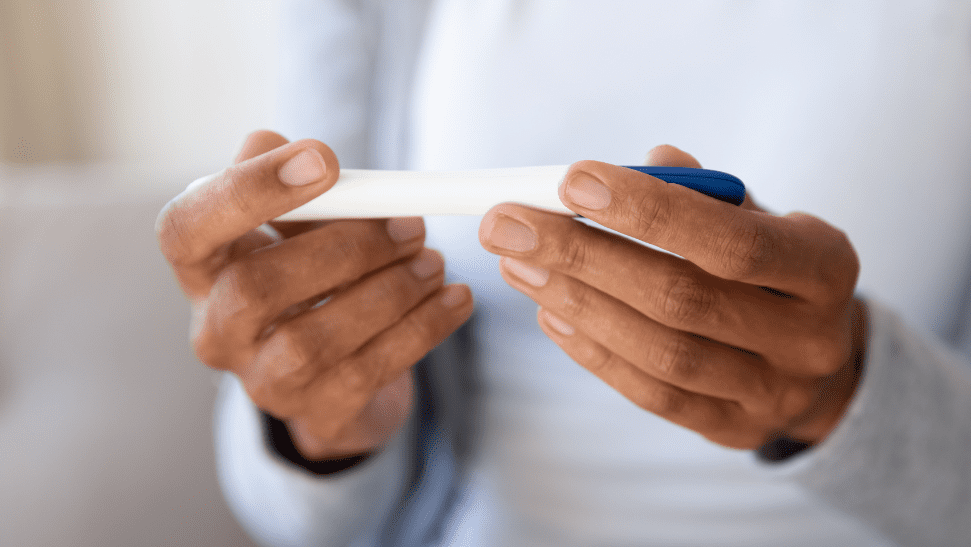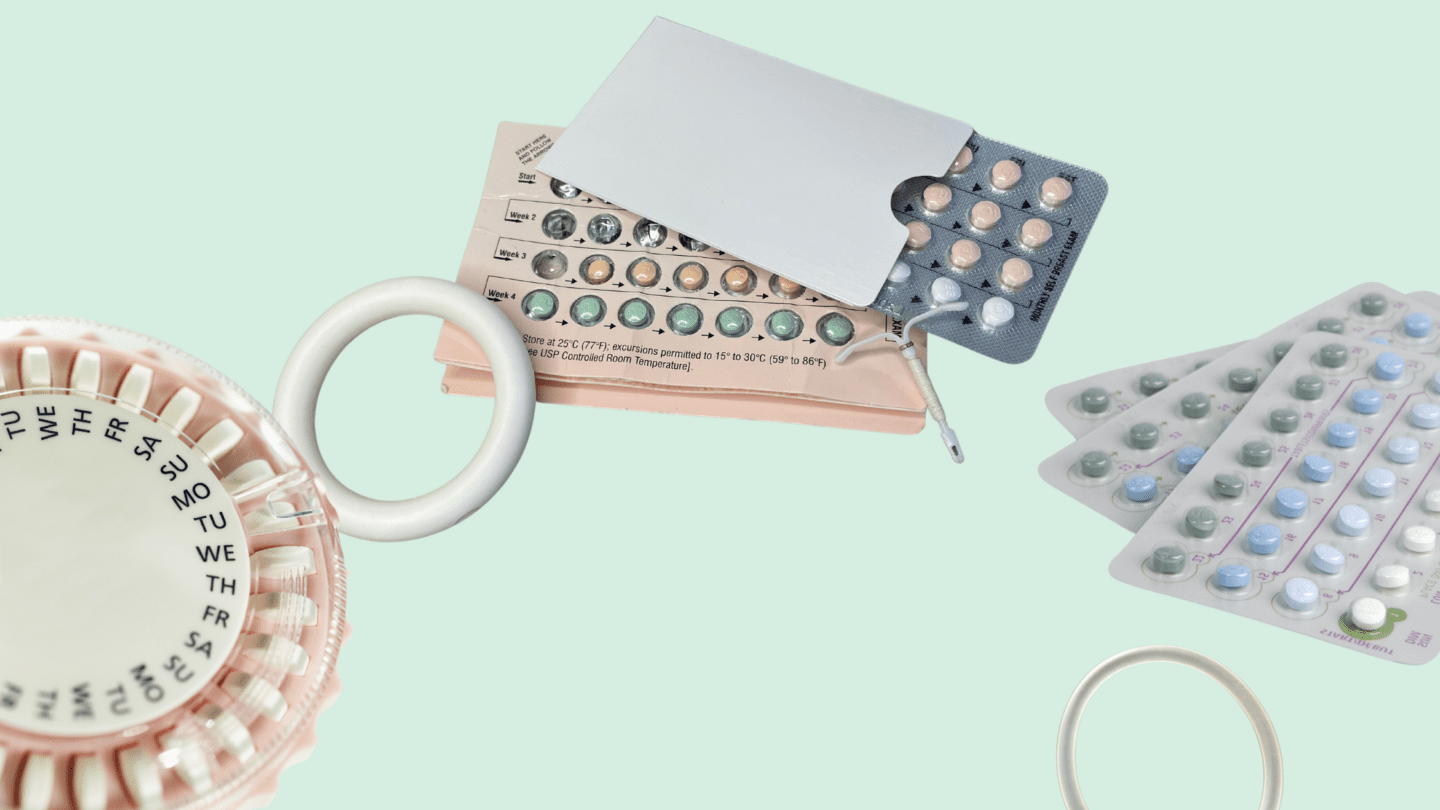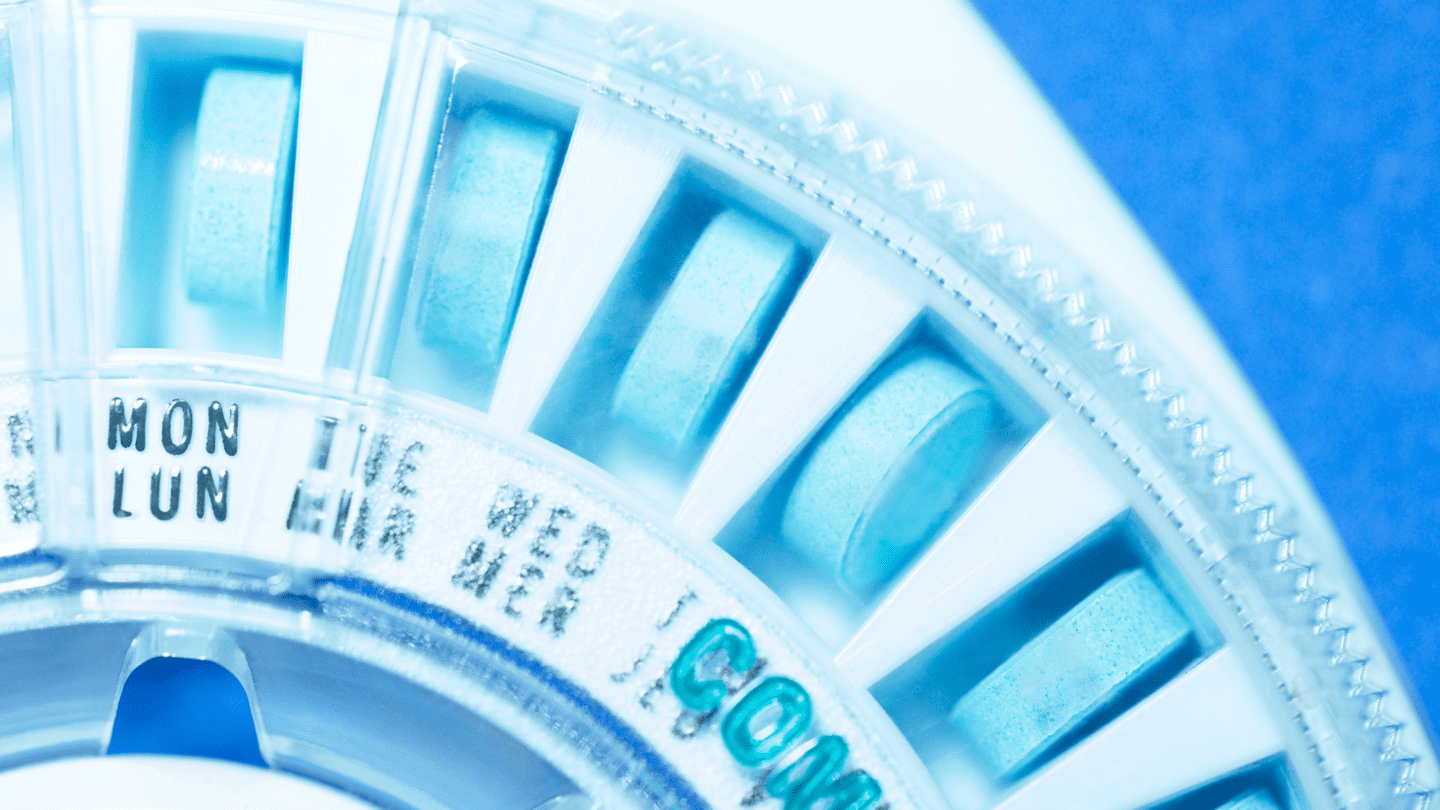If you’re currently using as , getting pregnant may not be something on your to-do list right now. But, that may not always be the case. The point of is to let you take charge of your own fertility, not take it away. If the time comes that you’d like to try to get pregnant, it’s natural to wonder how soon you can get pregnant after stopping the pill or other types of .
The good news is, a number of studies have assessed how long it takes to get pregnant after stopping , and they’ve nearly all found that fertility returns close to normal fairly soon after you stop.1 After a few months, and typically no longer than a year, people that stopped conceive at almost the same rates as those that never took it. How long it takes to return to normal fertility does vary from person to person, and it could depend in part on which type of you were using.1
“a number of studies have assessed how long it takes to get pregnant after stopping , and they’ve nearly all found that fertility returns close to normal fairly soon after you stop”
But if you’re worried about somehow disrupting your reproductive system, don’t be. One large study found that, if anything, people who used were more fertile, not less, overall than those who didn’t.2
How does work in your body?
All options, which include the pill, (IUD), patch, ring, shot, and implant contain sex hormones3 that prevent pregnancy in a few ways.
When you’re pregnant, your body makes more of the hormones and .4 works by adding those sex hormones to your body, which mimics some things that happen when you’re pregnant. stops your from releasing an egg, thickens cervical mucus to stop sperm getting through, and, as a backstop, can prevent a fertilized egg from implanting.5
When you stop taking a pill or get a ring or IUD taken out, those sex hormones are no longer being released into your body, and things typically go back to normal within a few months.1
Is adyn right for you? Take the quiz.
How soon after stopping will I get pregnant?
While you won’t be immediately fertile after stopping , you should be able to get pregnant fairly quickly. Studies show some people are fertile again within three months, and more than 80 percent of people get pregnant within a year after stopping (assuming they’re trying to, of course).1
A 2009 study of nearly 60,000 women who were trying to get pregnant after stopping found that 21 percent got pregnant within their first menstrual cycle after stopping, and 79 percent were pregnant within a year.6 And a 2013 study of 3,700 Danish women using birth control pills found that half were pregnant after six menstrual cycles, and 68 percent were pregnant after twelve cycles.7
Studies show that, of women trying to get pregnant, 90 percent or more conceive within a year., Factors like age, genetics, and lifestyle also matter when it comes to your odds of conceiving, too. About one in eight couples have trouble trying to get pregnant, which typically means they’ve been trying without luck for a year, according to the National Association.
More than 80 percent of people get pregnant within a year after stopping
For the best overall view of the evidence, we can turn to a 2018 review that looked at 22 different studies on post-birth-control fertility done between 1985 and 2017. Eighty-three percent of the people surveyed were pregnant within 12 months of stopping . Importantly, the review also found using contraceptives for longer didn’t have any negative effects on fertility.1
Does the type of I’m using affect my fertility?
The kind of you’re taking might affect how long it takes for you to get pregnant. But the studies that have looked at this are small, and some are old, so it’s tough to say for sure. It’s definitely an area that needs further study, and, like other areas of medicine where there’s a big gender gap, it’s something the medical community needs to address.
Some say the birth control shot, Depo-Provera, might delay fertility more than other options. That commonly-cited stat comes from a 1984 study from Thailand that compared people using oral contraceptives, IUDs, and the shot.10 The median amount of time it took to get pregnant after stopping the birth control shot was five and half months, which was more than the other two options studied. But that study also found that IUDs caused a longer fertility delay than oral contraceptives, something that’s contradicted by other research.1,11 So, that study’s results overall might be worth .
Like what you’re reading? Get the latest straight to your inbox 💌
A 2011 review of 17 studies showed that people using a hormonal IUD had the highest odds of conceiving after one year, at between 79 and 96 percent, depending on the study. The figures for birth control pills were almost as high, with between 79 and 95 percent conceiving after a year. Seventy-one to 91 percent of people using the copper IUD, or Paragard, and 77 to 86 percent of people using a contraceptive implant conceived after a year. Overall, about 90 percent of people who are trying get pregnant within a year, which falls within the higher side of the ranges for people using .
While we need more studies comparing how different types of affect fertility, right now, the best evidence we have suggests that there’s not a big difference between types, though the shot and implant might suppress fertility for a little bit longer than other methods.
Can help with fertility?
Hormonal can decrease your fertility in the months immediately after stopping, and fertility rates one year after stopping may be a little lower than for people who have never used . But there’s also evidence that can help your fertility in the long term.
A study of 8,500 couples in England found that those who’d used birth control pills for more than five years had a lower risk of not conceiving than those who’d never been on the pill.2 The 2013 Danish study also found that using birth control pills for more than two years was associated with slightly higher fertility, but not to a significant degree.7
It’s promising evidence, but more research is needed before we can say for sure, that hormonal can help fertility if it’s taken for long enough.
In the end, the balance of evidence suggests that your choice of won’t have a big impact on your long-term fertility. The bigger question when deciding what kind of to use is what’s best for your body. Different kinds of have different side effects, and everyone responds differently to them. The best for you is the one that suits your lifestyle and your body.
Want to learn which is right for you? Get started by learning more about the adyn’s Birth Control Test.
-
- Girum, Tadele, and Abebaw Wasie. “Return of fertility after discontinuation of contraception: a systematic review and meta-analysis.” Contraception and Reproductive Medicine 3.1 (2018): 1-9.
- Farrow, Alexandra, et al. “Prolonged use of oral contraception before a planned pregnancy is associated with a decreased risk of delayed conception.” Human Reproduction 17.10 (2002): 2754-2761.
- Planned Parenthood. “Birth Control.” PlannedParenthood.org (N.D.): Accessed 2023 Jan.
- Kumar, Pratap, and Navneet Magon. “Hormones in pregnancy.” Nigerian Medical Journal: Journal of the Nigeria Medical Association 53.4 (2012): 179.
- Reed, Beverly G., and Bruce R. Carr. “The normal menstrual cycle and the control of ovulation.” (2015).
- Cronin, Maureen, Ilka Schellschmidt, and Jürgen Dinger. “Rate of pregnancy after using drospirenone and other progestin-containing oral contraceptives.” Obstetrics & Gynecology 114.3 (2009): 616-622.
- Mikkelsen, Ellen M., et al. “Pre-gravid oral contraceptive use and time to pregnancy: a Danish prospective cohort study.” Human Reproduction 28.5 (2013): 1398-1405.
- Taylor, Alison. “Extent of the problem.” BMJ 327.7412 (2003): 434-436.
- Gnoth, Christian, et al. “Time to pregnancy: results of the German prospective study and impact on the management of infertility.“ Human Reproduction 18.9 (2003): 1959-1966.
- Pardthaisong, Tieng. “Return of fertility after use of the injectable contraceptive Depo Provera: up-dated data analysis.” Journal of Biosocial Science 16.1 (1984): 23-34.
- Stoddard, Amy M., et al. “Fertility after intrauterine device removal: a pilot study.” The European Journal of Contraception & Reproductive Health Care 20.3 (2015): 223-230.








